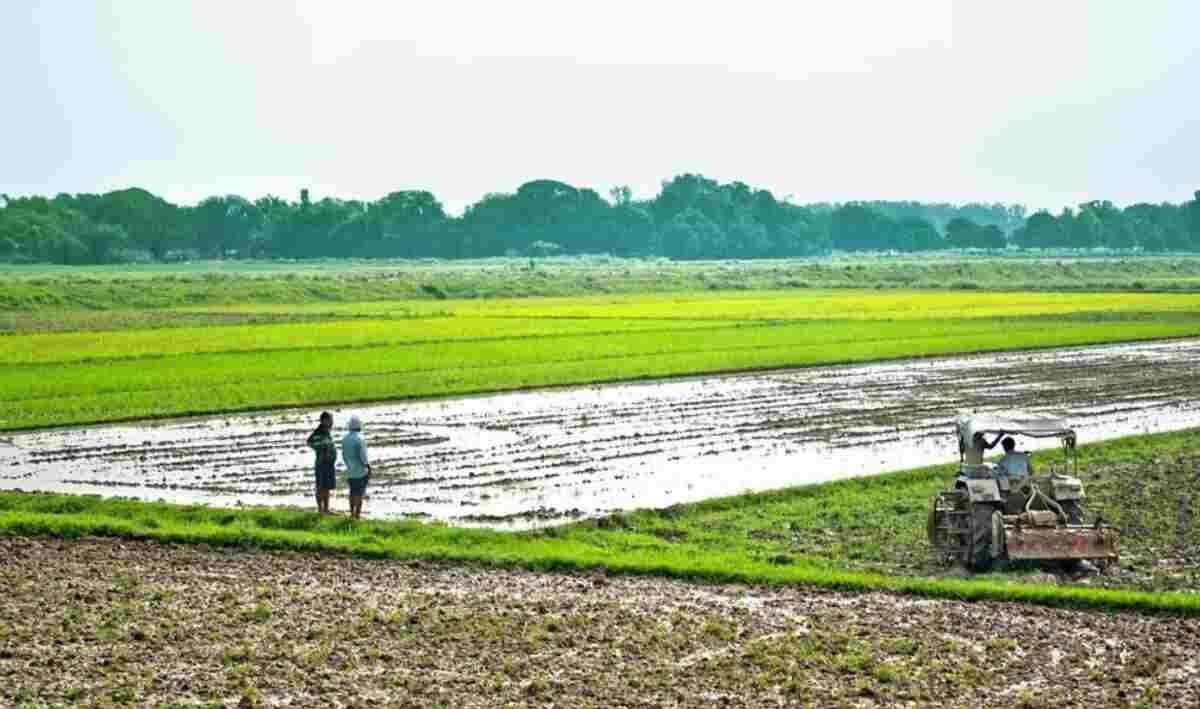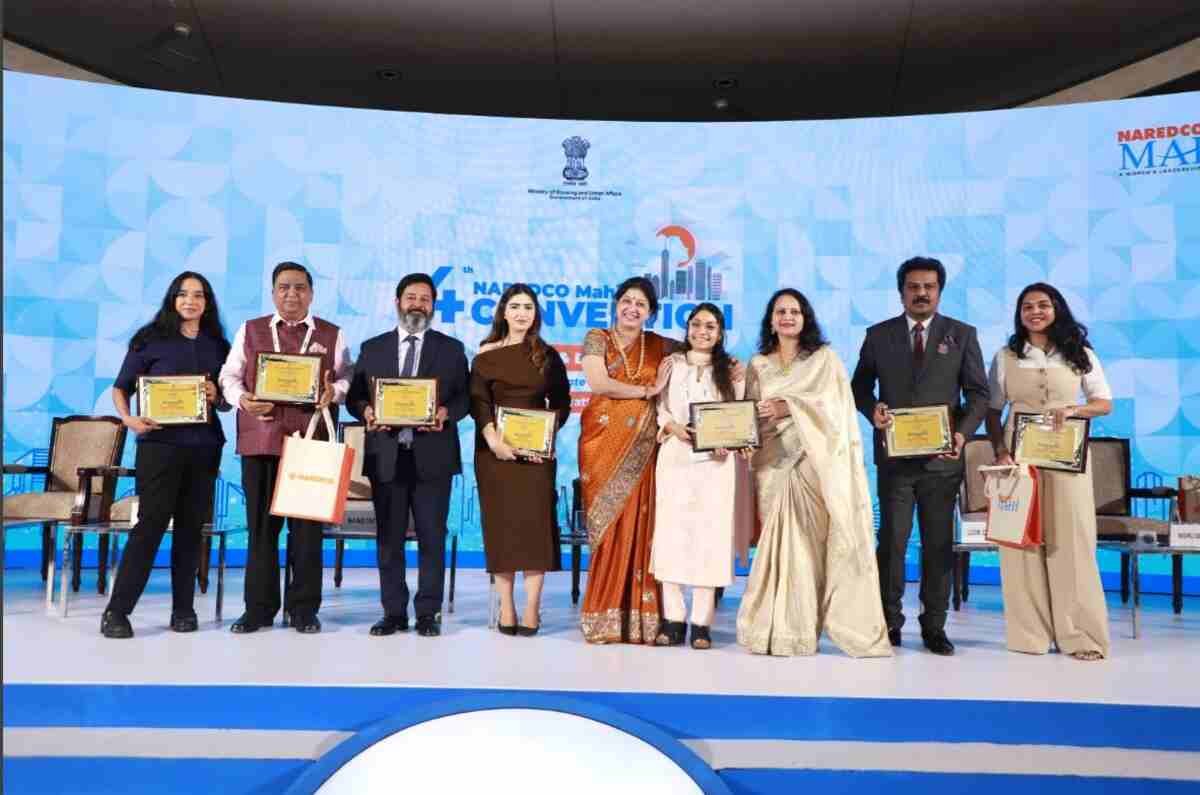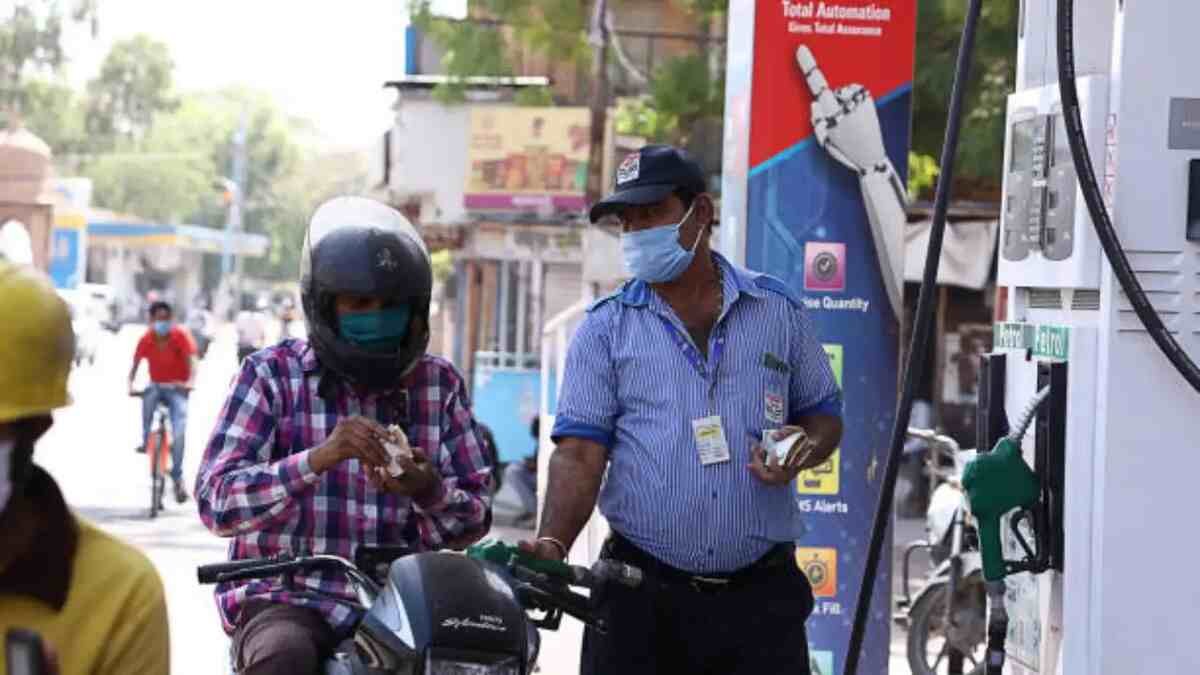Madhya Pradesh, 20th August 2025 – In a pioneering move towards sustainable agriculture, Project Vasundhara is transforming the way smallholder farmers approach crop production. Funded by the Government of Madhya Pradesh and implemented in collaboration with Samunnati and the Madhya Bharat Consortium of Farmer Producer Companies (MBCFPCL), the project is driving a farming revolution during the Rabi season of 2024–25.
Reaching Thousands of Farmers Across Villages
The initiative has already reached over 25,000 farmers across 427 villages, supporting those cultivating mustard, wheat, and gram. With guidance on low-residue and eco-friendly practices, the program is being implemented under the National Mission on Edible Oils (NMEO) and the National Food Security Mission (NFSM). It currently operates across six key districts of Madhya Pradesh: Tikamgarh, Rewa, Katni, Sidhi, Panna, and Maihar.
This aligns with the broader national vision of promoting sustainable farming practices, improving market access, and enhancing the environmental resilience of India’s agricultural ecosystem.
Samunnati’s Broader Mission for Green Agriculture
Project Vasundhara is part of Samunnati’s long-term mission to transform Indian agriculture through sustainable practices. The organization supports the entire agri-value chain with technology-driven solutions, financial assistance, and market access.
By equipping Farmer Producer Organizations (FPOs) with modern tools, Samunnati helps them thrive in both domestic and global markets.
The Samunnati FPO Conclave 2025
One of Samunnati’s flagship initiatives is the annual Samunnati FPO Conclave, which brings together major stakeholders—FPOs, agri-businesses, financiers, policymakers, and technology innovators.
The 5th Samunnati FPO Conclave, scheduled for 3rd–4th September 2025 in Hyderabad, will focus on the theme:
“Partnerships for Sustainability towards a Future-Ready FPO Ecosystem.”
The conclave will address critical agricultural challenges, highlight partnership-driven solutions, and strengthen environmental and economic resilience across India’s farming sector.
Project Vasundhara’s Core Impact
The project is already making measurable progress with ambitious goals:
-
Reducing pesticide and weedicide use by 20–30%
-
Boosting crop yields while cutting cultivation costs by 25–30%
-
Promoting Jaivik (organic) farming through compost and natural fertilizers
Notably, 500+ farmers in the NMEO program alone have produced 2,000 MT of compost, reflecting a significant shift toward sustainable practices.
Empowering Farmers Through Market Access
Beyond environmental benefits, Project Vasundhara also focuses on economic viability. Under NMEO, millions of quintals of certified soybean were marketed to institutional buyers such as ITC, Vippy Industries, and Samunnati Agro.
This direct linkage with institutional markets has provided farmers better prices, reliable buyers, and increased profitability, ensuring farming is both sustainable and financially rewarding.
A Model for the Future of Indian Agriculture
Project Vasundhara demonstrates how sustainable practices, strategic partnerships, and innovative solutions can create a future-ready agricultural ecosystem.
By empowering farmers with green practices and better market access, the initiative serves as a shining example of how Indian agriculture can become both environmentally resilient and economically strong.



